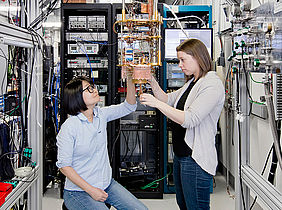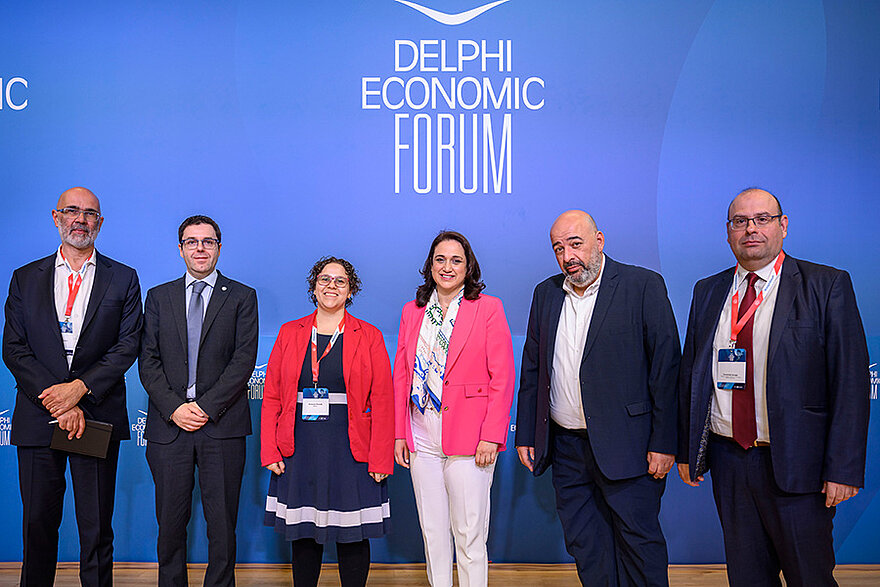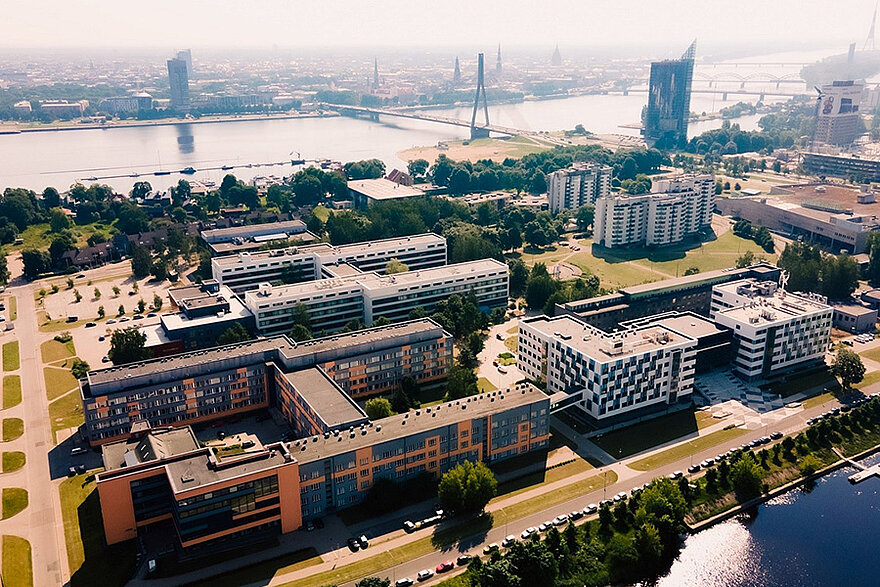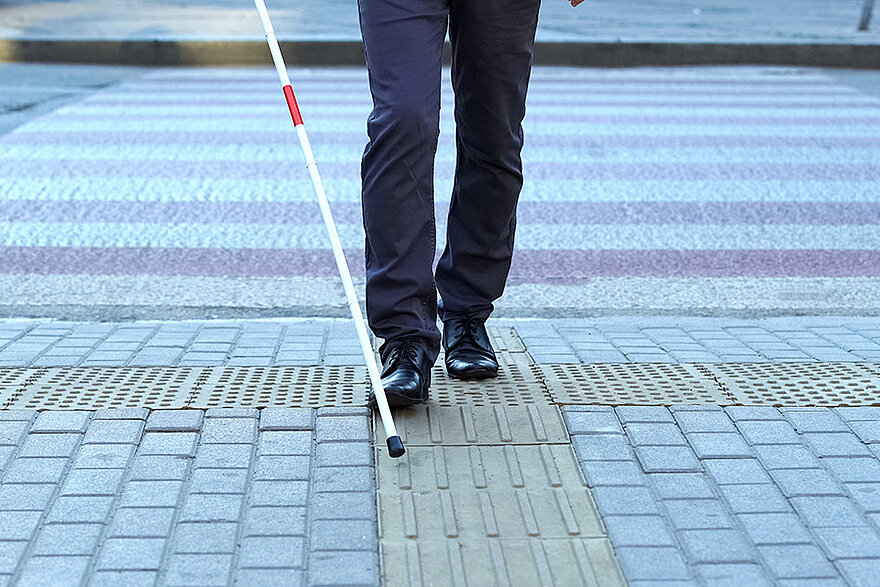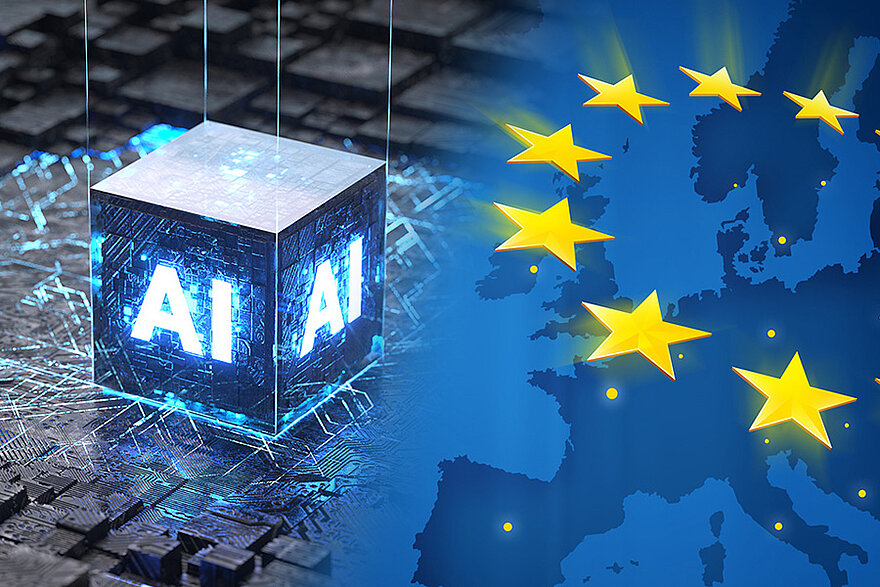Long time ago, when I was a student in high school, computers were so expensive that we had a typewriter connected to a mainframe (300 baud for those who still know what a baud is) and we input our programs and have them run on the mainframe. It was a sort of "Cloud"...
IBM has taken a similar approach, at the end of 2016, with quantum computing, offering access to their 5 qbit quantum computer, providing a "Quantum Experience". In the first six months over 40,000 users from 100 Countries have accessed their 5 qbit computer running over 275,000 experiments (computations).
At the beginning of March 2017 IBM has launched a project to develop a universal quantum computer that should become available within 5 years, early in the next decade, and is planning to provide access to it via the Cloud.
We have today a commercial quantum computer, D-Wave, (although some are still arguing if it is really a fully fledged quantum computer) but it serves specific kinds of computations. IBM aims at developing a universal quantum computer that can be used to tackle any problem. However they expect that computer to be used to predict the chemical characteristics of complex molecules. These characteristics are tied to the "shape" of the molecule and this shape is extremely complex to determine since it is the result of the mutual attraction, repulsion of the atoms composing it.
IBM is looking both at increasing the number of qbits, decrease the error rate and increasing the stability of qbits, all factors that are limiting the usability of a quantum computer.
In the meantime IBM is expanding the API and the simulation tools to allow users a more effective exploitation of their 5qbit computer and foster the creation of a broad ecosystem of applications.
